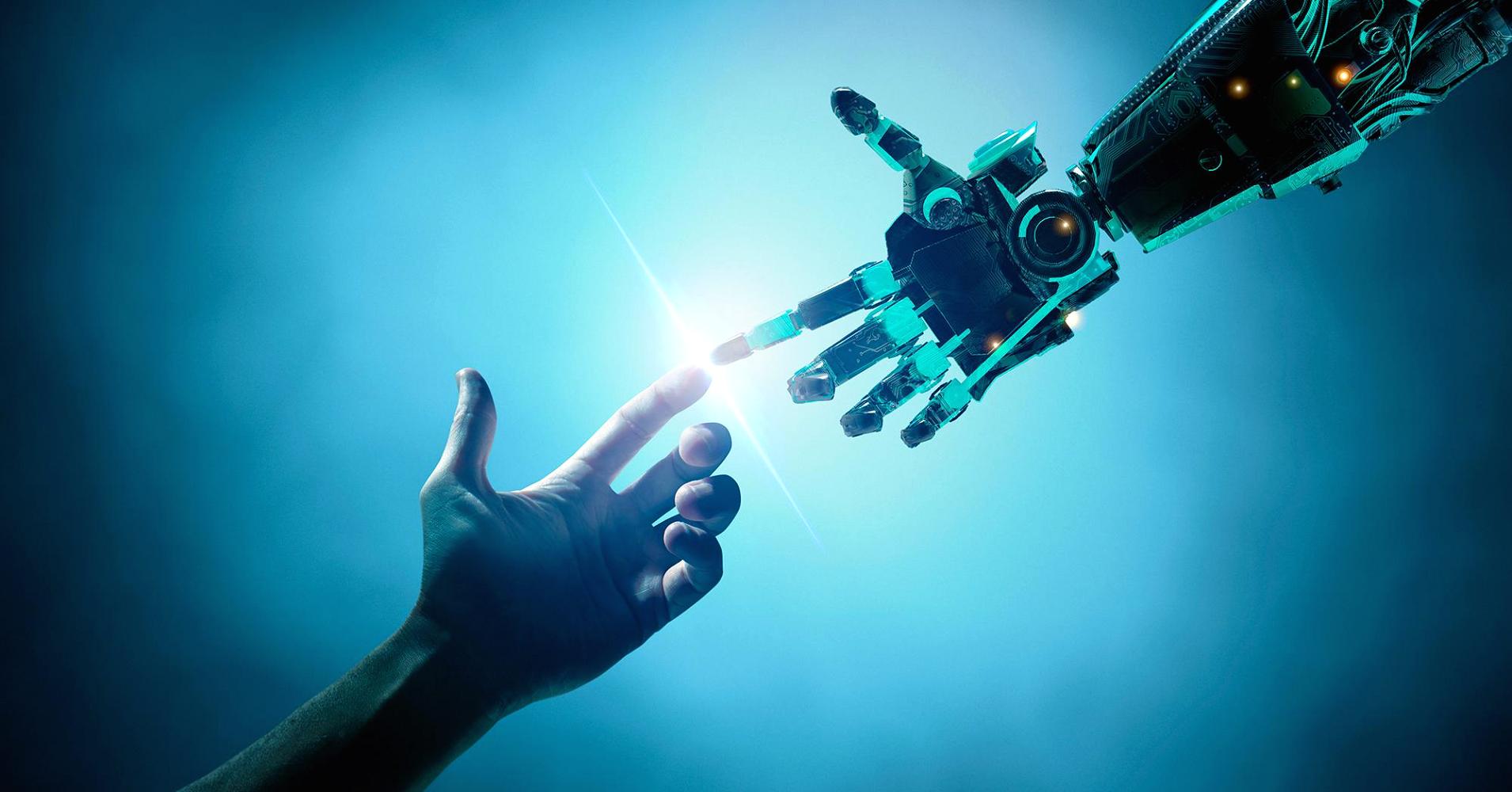What to expect from Artificial Intelligence in 2018
What to expect from Artificial Intelligence in 2018
2018 can be the year of innovation: the year has just begun, but you can hear about such technological innovations as launching a car into space. We're staying on Earth for a while: let’s see what the year can bring to artificial intelligence.
Artificial Intelligence has begun to permeate all areas of life – in our article, of course, we focus on the business world. Is your company ready to innovate?
1. New employees will meet AI before even starting to work there
With the help of AI, you can save your Human Resources team from long and boring tasks: artificial intelligence can use a software to analyze the incoming CVs, so that it can filter out most of the candidates who are not suitable for the job. This means that your actual HR colleagues will have more time and resources to choose from a small number of candidates who are actually competent in the job.
The role of artificial intelligence does not stop in this area even if the new staff has been recruited to the team. AI can also help keep track of employee performance continuously and automatically. With the help of Big Data, you can also draw conclusions: you can find out under what circumstances employees perform the best, so you can even improve the work environment.
2. AI can become the workforce of the future
The term "workforce of the future" unites Artificial Intelligence and other technological innovations as well. As the expression shows, you must be prepared for artificial intelligence to have the same value on the market as human resources in some areas. Businesses will also need to monitor their ability to properly integrate automatic, machine-based processes into existing workflows. It has to be worked out exactly which processes can be automated, who is responsible for them and what impact the distribution of tasks between people and machines will have on the workplace.
3. Cyber attacks will be stronger, cyber security will be more solid
Besides making your everyday life easier, artificial intelligence can unfortunately also be the subject of misuse. One of the most important features of artificial intelligence is that it can quickly detect patterns – this task would require a lot more time for human resources. So by machine learning, it is much easier to attack and hack into a system – so with artificial intelligence the time of "intelligent cyber attacks" has come. With Big Data, you can customise these attacks even more.
However, not all is lost though – as the quality of the attacks is getting better thanks to AI, security can be also very easy to improve. Combining artificial intelligence and cloud technology, you can create a system that is able to identifiy weaknesses in a system and warn you of a possible cyber attack in real time. This also means that a system cannot become the victim of the same attack twice, because deep learning and AI technology is able to identify the attack and protect the system when a familiar attack comes.
4. The role of AI in business strategy
When it comes to artificial intelligence, the first thought that may come to your mind is how well it can be used to automate tasks which human resources may find lengthy and monotonous. However, there is much more to this innovation: we must also mention the role it can play in creating a business strategy. For example, PwC’s exciting experiment made it possible to predict the prospects of a new business or product on the market before even actually entering the business sphere – all they had to do is analyse more than 200 different possible outcomes with the help of AI.
5. Smarter UX planning
We cannot emphasise enough how much user experience and customer satisfaction are worth for a business today. More and more people are using a separate UX team to help customers and clients get the best out of their experience with the company – which also has a significant impact on the company's income. And how does AI come into the picture? When examining user experience, you may encounter problems or needs that can only be solved by artificial intelligence. For example, the case of self-driving cars: manufacturers have to struggle with the fact that people may not be prepared for vehicles driven by artificial intelligence – but with a simple question like "Do you want the car to propose a route?, the customer finally has the control. So they will start trusting the technology more.
6. New trend in transparency: explainable AI
Today, it is almost expected of a companyto make their operations transparent, because this determines the trust of customers and partners towards a particular company. It’s obviously no different in the case of artificial intelligence, since it is a particularly sensitive and sometimes not-so-transparent technology.
Technological innovations are often surrounded by doubt and questions. Among all these innovations, artificial intelligence is the least understandable. It's not enough that you've got to achieve some results with machine learning. You also need to be able to explain these results: you need to understand the process and the algorithms that the machine is using, and of course why it is using those particular algorithms. This is called the "black box" phenomenon in professional circles.
7. It is not only tech companies who are responsible for AI anymore
There are also many questions about cyber security and transparency that surround the technology of artificial intelligence. Who is responsible for the actions of artificial intelligence? What to do if technology makes your business more vulnerable to attacks? These are not easy questions, and for the time being it is not clear who can or who should answer them.
IT companies should work together with all stakeholders involved in the technology (including users, developers and even government representatives responsible for technology) to make the AI safer, less vulnerable and, of course, useful, for all those who want to use it.
Sources: PWC, PWC Blog(1), PWC Blog(2)


